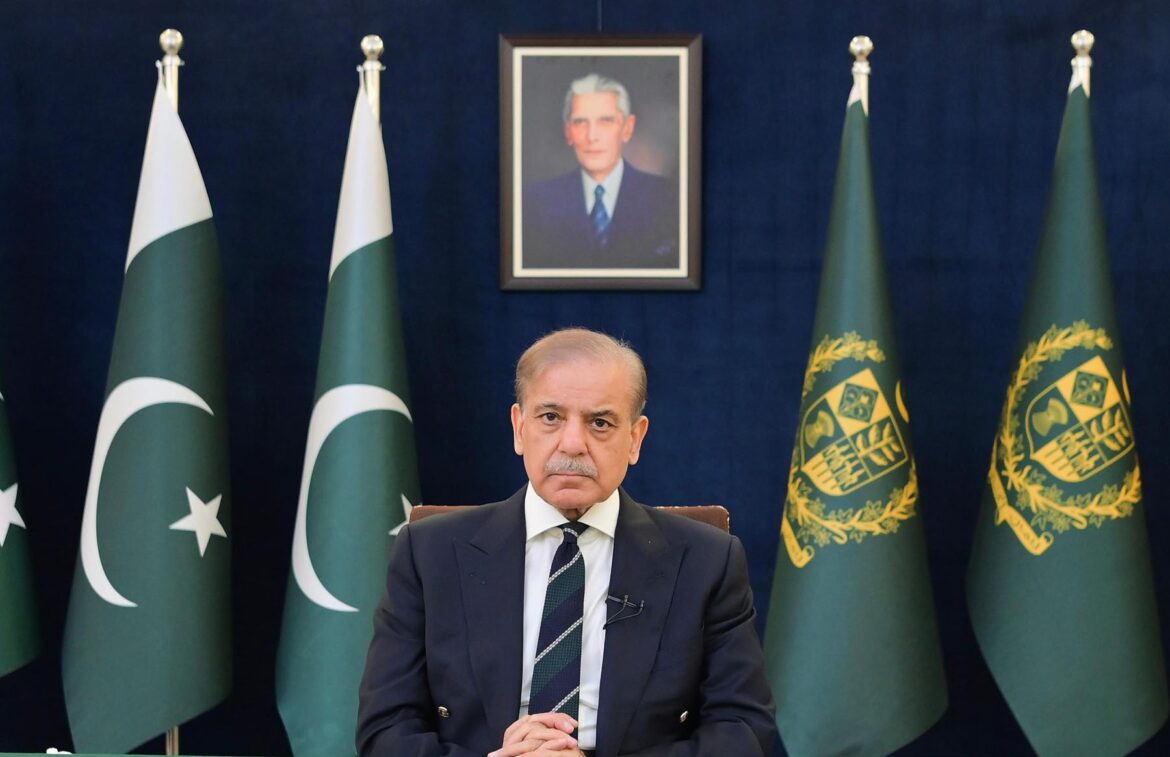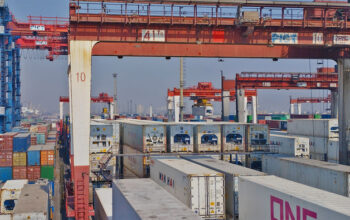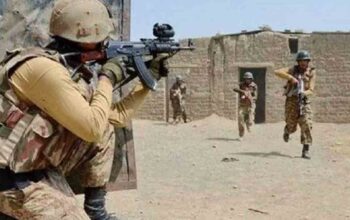By Staff Reporter
ISLAMABAD: Prime Minister Shehbaz Sharif warned India on Wednesday that it would face consequences for missile strikes that killed 31 civilians inside Pakistan overnight, escalating tensions between the nuclear-armed rivals to their highest level in decades.
In a stern warning, Prime Minister said India would “pay the price” for missile attack inside Pakistan’s territory and reiterated that Islamabad has the right to respond to India’s military aggression.
The Indian government said it struck nine Pakistani “terrorist infrastructure” sites it alleged were involved in planning the April 22 assault on the tourist hill station of Pahalgam in occupied Kashmir, where 26 people were killed.
Pakistan, however, reported that six locations across its territory—Ahmedpur East, Muridke, Sialkot, and Shakargarh in the eastern province of Punjab, and Kotli and Muzaffarabad in Azad Kashmir—were targeted, resulting in 31 civilian deaths and 57 injuries.
In a televised speech, Sharif called the Indian strikes “baseless and unjustified.” “For the blatant mistake that India made last night, it will now have to pay the price,” the premier said.
Sharif said India targeted innocent people in Pakistan. “We solemnly swear that we will avenge each and every drop of blood of our martyrs.”
The prime minister also criticized India for rejecting Pakistan’s offer of a neutral, transparent, and credible investigation into the Pahalgam attack, an offer he said was supported by the international community. “India chose aggression, violating international law and global norms.”
Pakistan had previously denied any involvement in the April 22 assault and expressed willingness to participate in such an investigation.
“Perhaps they thought that we would retreat, but they forgot that by the grace of Allah, this is a nation of brave people whose determination is made of steel.”
He dismissed India’s actions as a “delusion” aimed at distracting Pakistan from its ongoing fight against terrorism, adding, “God willing, we will take this war [against ‘terrorism’] to its logical conclusion.”
Sharif said it “took only a few hours” for the Pakistani military to bring the enemy to its knees. “With the grace of God, our jets created such a storm in the sky that the enemy screamed. Five war jets, which were the pride of India, are now just ash and rubble.”
Four local government sources in occupied Kashmir also told Reuters that three Indian fighter jets had crashed in separate areas of the Himalayan region during the night.
Meanwhile, foreign ministry summoned India’s Chargé d’Affaires to lodge a strong protest over the unprovoked Indian strikes. “The Indian side was warned that such reckless behavior poses a serious threat to regional peace and stability,” the ministry said in a statement.
Lt. Gen. Ahmed Sharif Chaudhry, the armed forces spokesperson, later reported that India’s unprovoked shelling along the Line of Control—the disputed Kashmir border—pushed the civilian toll higher to 31, with 57 people injured.
“The main reason for the rise in the martyrs and number of injured is due to India’s unprovoked shelling at the Line of Control and ceasefire violations,” he said.
Chaudhry said Pakistan’s “quest for peace should never be mistaken for its weakness,” emphasising that “to protect its people, to protect its land, the armed forces of Pakistan will never compromise”. “Pakistan reserves the right to self-defence and will exercise it when necessary.”
The escalation echoes the 2019 standoff, when India conducted airstrikes in Balakot following an attack in occupied Kashmir, prompting Pakistan to retaliate by downing an Indian fighter jet and capturing its pilot, who was later released.
The current confrontation has heightened fears of further conflict between the two nations, which have fought three wars since their independence in 1947, two over the disputed Kashmir region.
Kashmir has been a flashpoint since 1947, with India and Pakistan each claiming it in full but administering separate portions. India accuses Pakistan of arming and training militants involved in a separatist insurgency in its part of Kashmir since 1989, a charge Pakistan denies, asserting it provides only moral and diplomatic support to the Kashmiri people in their struggle for self-determination.
Tensions continued Wednesday morning as the two countries exchanged intense shelling and heavy gunfire across the Line of Control, the de facto border dividing Kashmir.
Copyright © 2021 Independent Pakistan | All rights reserved




